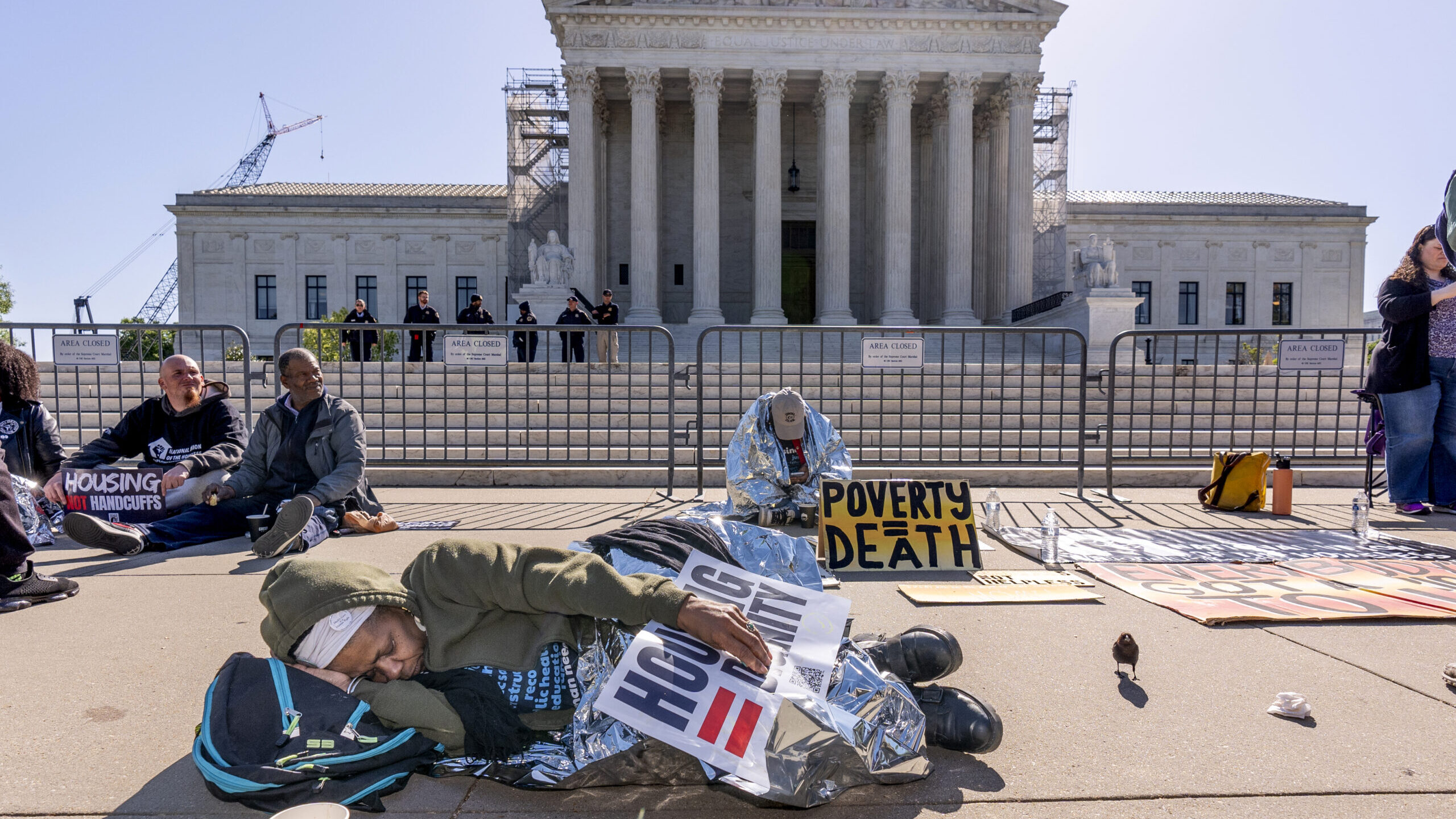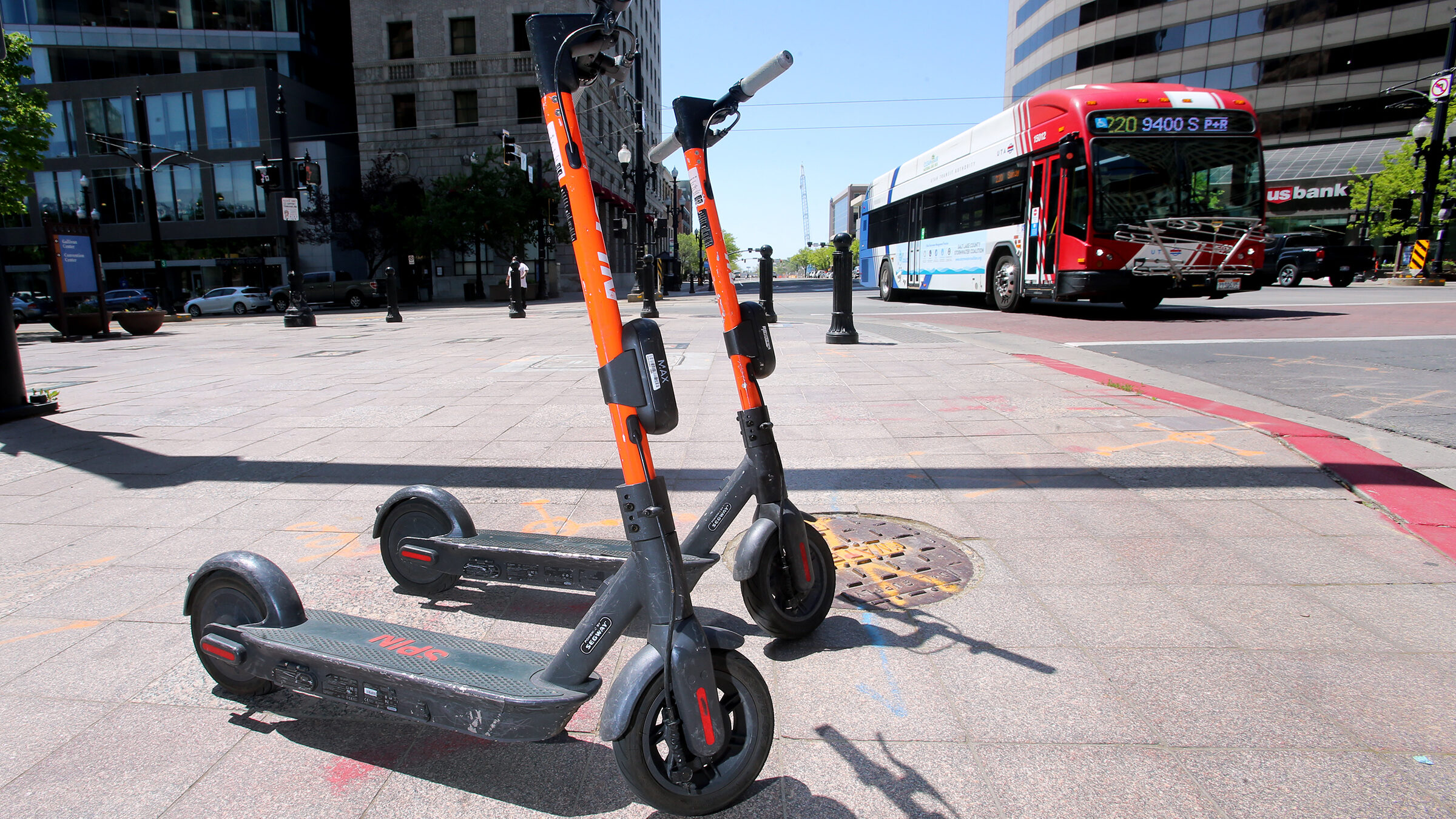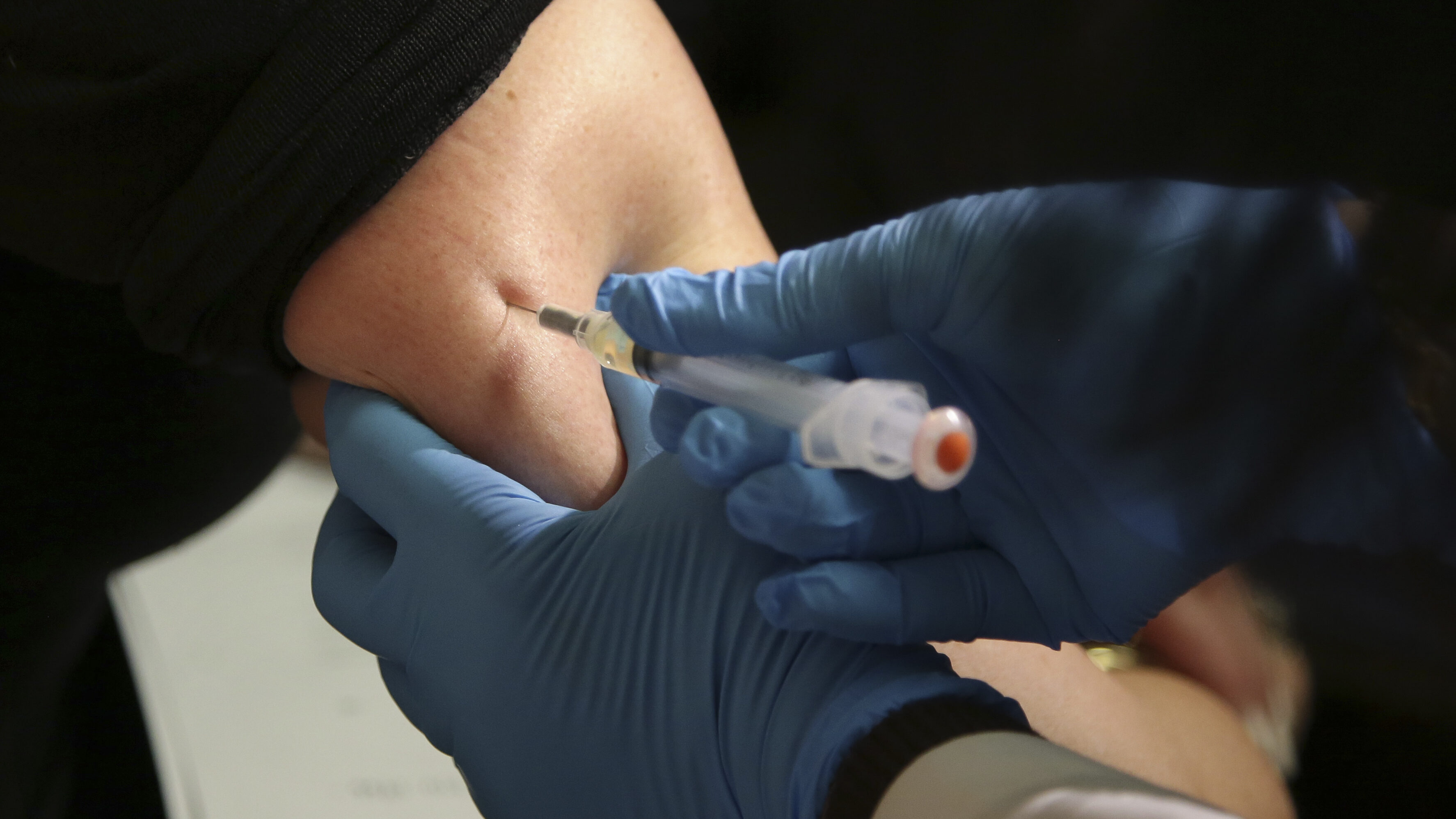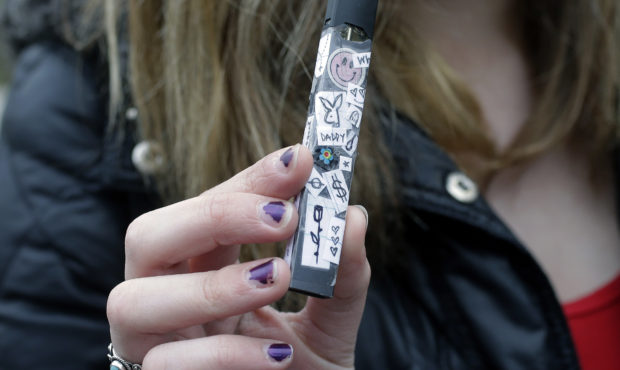New overnight visitor guidelines at Intermountain Healthcare facilities
Jan 14, 2022, 5:43 AM | Updated: Apr 29, 2022, 11:11 am

FILE: Intermountain Medical Center in Murray. Photo Credit: Jeffrey D. Allred, Deseret News
SALT LAKE CITY — Beginning Tuesday, Jan. 18, overnight visitors at Intermountain Healthcare centers will be limited to pediatric patients, laboring and postpartum mothers, patients suffering from dementia, patients who are critically ill, or patients who are at the end of life.
The change is in response to the increasing volume of patients due to the omicron variant of COVID-19.
A particular concern held by caregivers at Intermountain is an overnight visitor who may be sleeping without their mask. The new overnight visitor limitations will address this issue.
Mothers in labor in the Women and Newborn unit are allowed one overnight visitor while in labor.
Initially, postpartum mothers were not permitted to have overnight visitors. However, KSL NewsRadio’s Lindsay Aerts reported on an important adjustment made by IMHC. Hospitals will allow postpartum mothers to have one visitor overnight.
Other Intermountain guidelines include the following:
- all visitors must wear a mask at all times, in all areas, in both hospitals and clinics,
- visitors should always wear their mask in the presence of a caregiver,
- one designated visitor per day is recommended in outpatient areas,
- one designated visitor per day is recommended for same-day surgery patients (to accompany an adult or pediatric patient)
- two designated visitors in the Emergency Department can rotate in and out of the patient room.
Finally, Intermountain asks that patients come alone when visiting their clinics or to bring only the people who are necessary for their visit. They ask that, whenever possible, patients make childcare arrangements and leave children at home.
Here are the full guidelines for visiting Intermountain facilities.
Other reading:
- Granite District announces distance learning Jan. 18 through Jan. 21
- UPDATE: Victims identified, suspect in custody after deadly shooting near Hunter High School
- Another COVID-19 case count record set in Utah: 12,990 in a single day
How To Prevent the Spread of COVID-19 Coronavirus (updated Jan. 2022)
The novel coronavirus COVID-19 spreads from person to person, similar to the common cold and the flu. So, to prevent it from spreading:
- Get vaccinated. If you are vaccinated, get your booster shot.
- Wear a mask. Here are the current CDC recommendations (as of Jan. 12, 2022):
- People aged 2 years and older who are not vaccinated should wear a face covering when indoors.
- When outdoors, masks are generally not needed unless you are in a crowded setting.
- Even if they are vaccinated, people with weakened immune systems may still be at risk and should wear a mask indoors.
- Masks should be worn indoors in public in high transmission areas.
- Masks that cover your nose and mouth are required to be worn on planes, busses, trains, and other public transportation when traveling into, within, or out of the United States.
- Stay six feet away from others (social distancing) especially if you are at high risk.
- Avoid crowds and poorly ventilated spaces.
- Testing. There are several types of tests for you to use if you suspect you are sick. These include viral and antibody tests, conducted by others or by you in your home (self-tests).
- If you test positive, you should isolate. The CDC now recommends a five-day isolation period, followed by five days of mask-wearing when around others.
Local resources
Utah’s Coronavirus Information
The Church of Jesus Christ of Latter-day Saints
Utah Coronavirus Information Line – 1-800-456-7707
National Resources
Centers for Disease Control and Prevention
Commonly asked questions, World Health Organization













